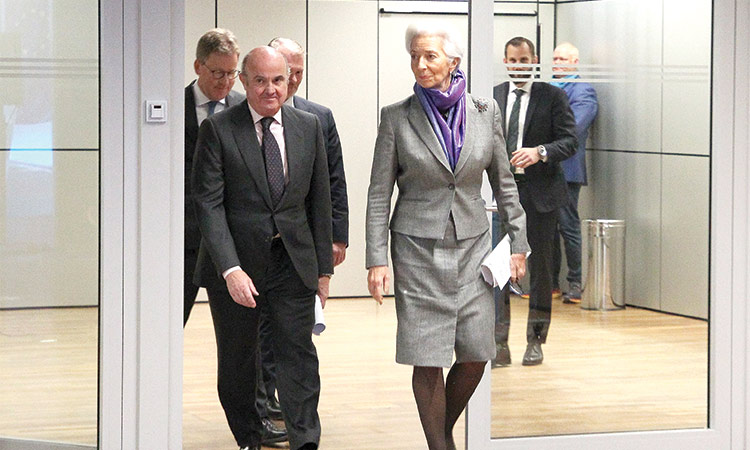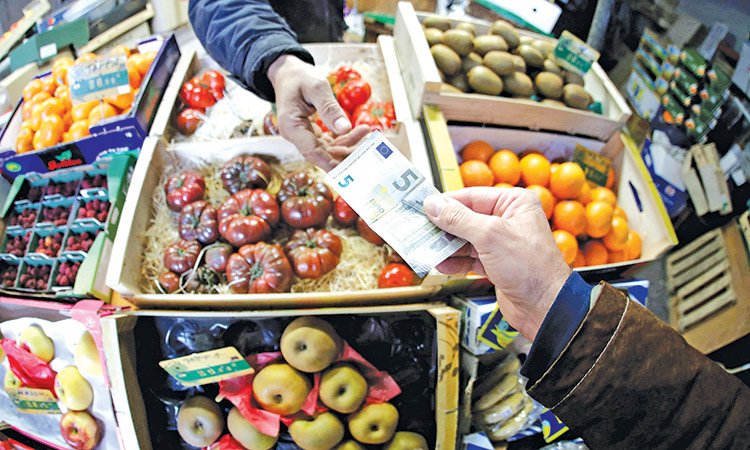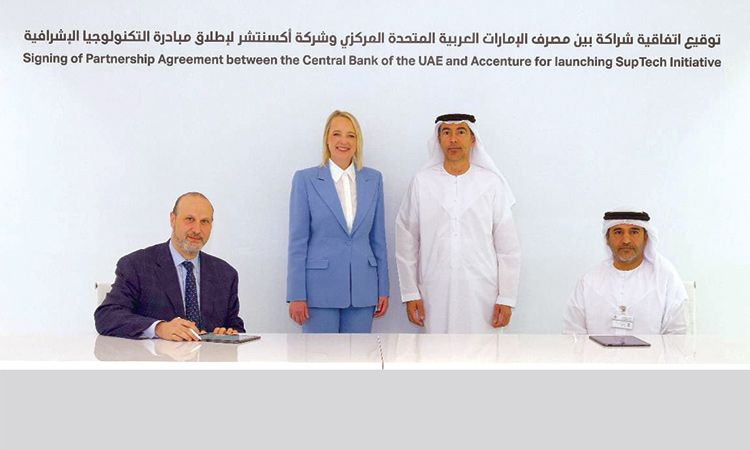Eurozone economic downturn deepens as inflation hit demand

Picture used for illustrative purpose only.
A closely-watched survey showed eurozone October business activity contracted at the fastest pace since late 2020. German industrial orders also slumped more than expected in September as foreign demand sank, putting Europe’s largest economy on course for recession.
S&P Global’s final composite Purchasing Managers’ Index (PMI) for the eurozone, seen as a good guide to economic health, fell to a 23-month low of 47.3 in October from September’s 48.1, albeit just above a preliminary 47.1 estimate.
Anything below 50 indicates contraction.
“The final eurozone PMIs for October paint a clear picture of falling activity and sky-high inflation,” said Jack Allen-Reynolds at Capital Economics.
“While it does not yet point to the 0.5 per cent q/q contraction that we have pencilled in for Q4, the new orders and future output PMIs suggest that worse is to come.”
Asked what type of recession the eurozone would endure, 22 of 46 respondents in an October Reuters poll said it would be short and shallow while 15 said it would be long and shallow. Eight said it would be short and deep and only one said it would be long and deep.
In France, the bloc’s second biggest economy, earlier data showed industrial output declined in September although its PMI indicated services sector growth slowed less than initially forecast in October.
Spanish services sector activity contracted for the second straight month in October, weighed down by high inflation again, its PMI showed.
Inflation in the 19 countries using the euro currency surged more than expected last month, reaching 10.7 per cent and more than five times the European Central Bank’s target. Consequently, the ECB is likely to press ahead with more interest rate rises, which will add to the burden faced by indebted consumers.
The ECB was the last among its peers to begin raising rates in this cycle, waiting until July. By year-end the deposit and refinancing rates were forecast to be at 2.00 per cent and 2.50 per cent respectively.
In contrast, the United States Federal Reserve, which began hiking in March, raised interest rates by three-quarters of a percentage point again on Wednesday in what has become the swiftest tightening of US monetary policy in 40 years.
In the eurozone, high operating expenses due to energy, wage and transport costs pushed services firms to raise charges sharply again.
Its output prices PMI was 62.7, the fifth highest reading in the survey’s 24-year history and just below September’s 63.2.
With no end in sight to the Russia-Ukraine conflict, nearly 65% of 34 respondents in the October Reuters poll said the cost of living in the eurozone would worsen or worsen significantly.
Since Russia’s invasion of Ukraine in February, energy costs have soared and with winter nearing several European governments have announced new measures to limit the increase in prices.
“The input and output price PMIs remain extremely strong. While they have fallen from their recent peaks, they are a very long way above their previous highs,” Allen-Reynolds said.
“The upshot is that Europe looks set for a painful winter of weak activity and strong inflation.”
Meanwhile the German industrial orders fell by more than expected in September as foreign demand slumped, putting Europe’s largest economy on course for recession, data showed on Friday. New orders fell by 4.0 per cent on the month on a seasonally and calendar adjusted basis, the Federal Statistics Office said. A Reuters poll of analysts had pointed to a fall of 0.5 per cent in September.
Germany staved off the threat of recession in the third quarter with unexpected growth, but the economy remained in choppy waters as high inflation driven by a painful energy standoff with Russia surged, data showed last Friday.
The orders data underlined the headwinds Germany is facing as the sluggish global economy, materials shortages and the energy crisis hamper production.
“The German economy is on course for recession - that much can be deduced from the disastrous new orders,” said Thomas Gitzel, chief economist VP Bank.
While domestic orders increased by 0.5 per cent, foreign orders plunged by 7.0 per cent. Within the eurozone, orders were down 8.0% while orders from outside the eurozone dropped 6.3 per cent.
“The high level of new orders that had set in after the coronavirus pandemic as a result of catch-up effects appears to have come to an end,” the economy ministry said.
Decreases in the automotive and mechanical engineering sectors in particular, down 9.0 per cent and 8.1 per cent respectively, dragged down the overall index, according to the ministry.







